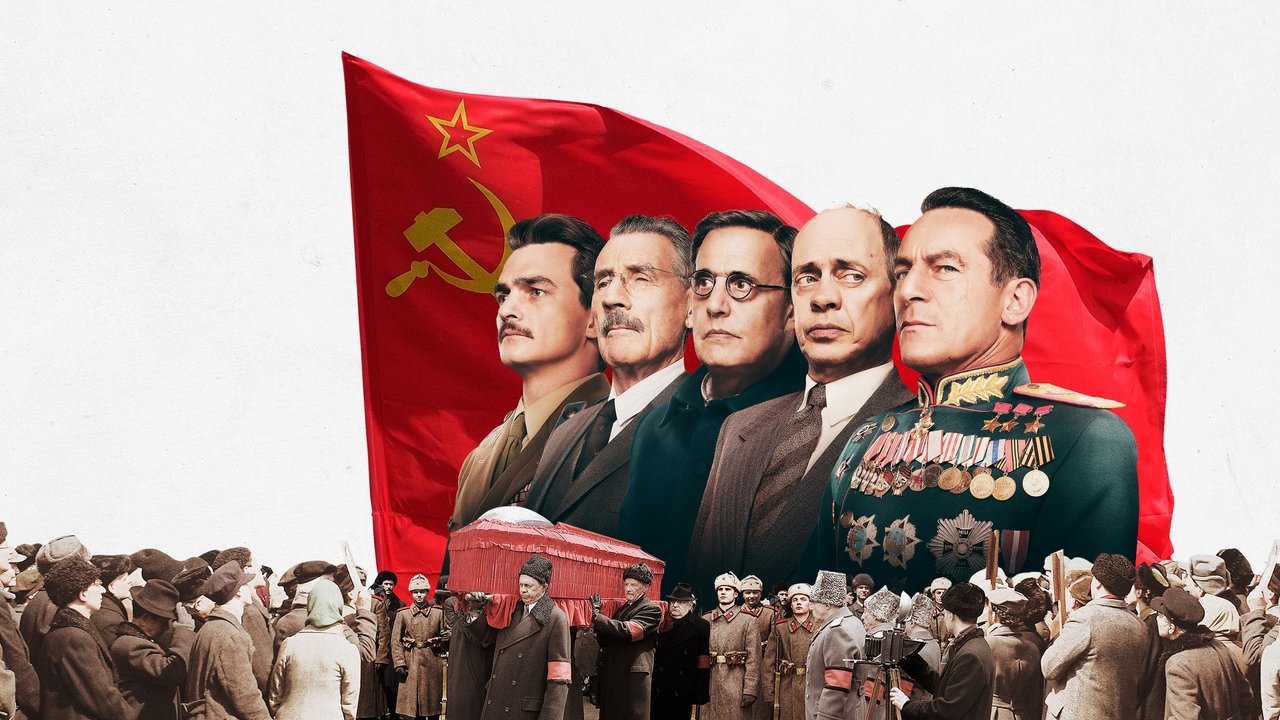So you've heard about The Death of Stalin — a movie by the brilliant Armando Iannucci, known for his knack with political satire. If you're into comedy, drama, and history, this movie might just be your next obsession. This is my attempt at a somewhat informal and enthusiastic movie review where I gush, critique, and inevitably joke about how wild historical events can get this entertaining!
Set against the backdrop of Moscow in 1953, this film takes us on a chaotic adventure immediately following the sudden demise of Soviet leader Stalin. Scenes unravel like a game of chess where no one, I mean no one, plays by the rules. The power-hungry council members scramble in a desperate dash for control, sounding like something straight out of a Shakespearean play (or maybe just your average college group project?). It’s a dark, twisted roulette of events peppered with bittersweet humor and ironic plot twists that make you go, ‘Really?!’
The ensemble cast of Olga Kurylenko, Tom Brooke, Paddy Considine, Justin Edwards, and Adrian McLoughlin gives a performance that’s punchy and on point. Kurylenko stands out with her fiery resilience, while McLoughlin’s portrayal of Stalin is both chilling and tragic. The director, Iannucci, deserves a nod not just for keeping the narrative tight but also infusing wit into a scenario that, in reality, was downright terrifying. The cinematography aligns with the satirical tone, capturing the bleakness of the period with absurdly humorous undertones. Meanwhile, the screenplay, courtesy of Fabien Nury, Thierry Robin, and Iannucci, crafts a balance of sharp dialogue and gut-wrenching irony. It’s like historical drama had a child with a political farce, and this film is their unruly offspring.
Comparing it to other historical comedies, think Dr. Strangelove but on Soviet steroids, or even In the Loop, another Iannucci masterpiece that potently mixes fierce satire with real-life events. However, while The Death of Stalin delivers on comedy, it's layered with an unsettling dark edge — a step further than your usual cocktail of history and humor. I’ve often found myself pondering how this film stands boldly amongst other best historical movies, demanding to be recognized for its brazen take on truth-shadowed fiction.
So, what’s my takeaway from this cinematic masterpiece? It's both a must-watch film for anyone who appreciates a witty stroll through the pages of history and a daring reminder of nature's unpredictability. If you're a fan of politically charged narratives and appreciate a good, dark laugh, then this quirky, brilliant film should be right up your alley. Go on, give it a watch — who knew power struggles and historical downfalls could be this hilariously engaging?

